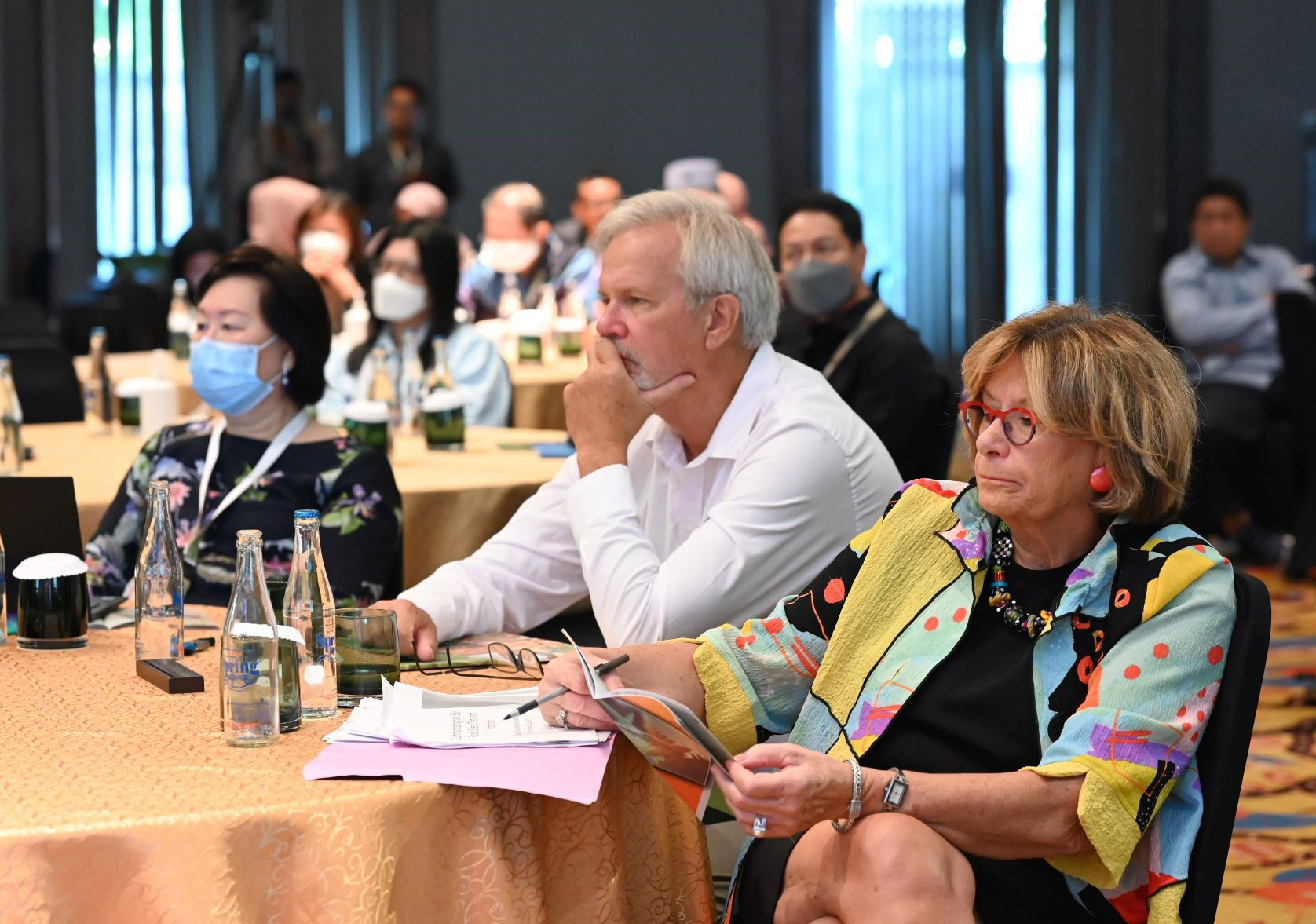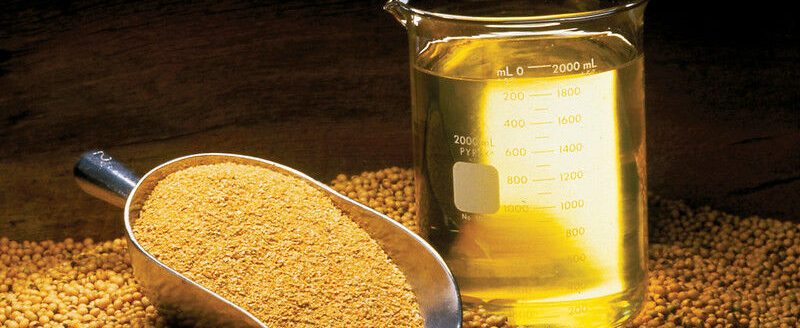The future of soy in Southeast Asia is a hot topic and was the focus of the recent annual Asia Soy Excellence and Protein Summit held in Bali, Indonesia, and organized by U.S. Soybean Export Council and U.S. Soy industry partners. Stakeholders from regional soy food and beverage industries convened for the annual 2-day event along with senior food science and nutrition managers, leaders in R&D and quality assurance, health professionals, and university and government officials.
Dialogues and presentations around the sustainable practices of United States soy helped differentiate and elevate the benefits of U.S. soy in food use and show its potential to help bring a lower carbon footprint for soy in the Southeast Asia region.
Nearly 300 participants joined either in person or virtually to learn about U.S. food soybean production and perspectives on trends, forecasts, policy, trade, and sustainability. Greg Greving, a soybean farmer from Chapman, Nebraska, was on hand for the event and noted the value of spending time together with customers in person.
“Meetings with buyers are vital to our industry,” Greving said. “We need to have the contact for the contracts to follow. Getting together face-to-face is like me performing maintenance on my tractor. You have to take care of it for performance and longevity.”
Southeast Asia is an important trade partner for Nebraska farmers, with over $781 million worth of Nebraska soybean exports sold to Indonesia alone over the past 10 years. At the conference, product and ingredient innovation was a key topic of discussion, covering new plant-based beverages, soy in both animal and plant-based meats, and bioprocesses, cultured and alternative protein development.
“The presentation and discussion started from traditional soy products, which is rooted to our culture, up to the sophisticated innovative products such as Ominimeat and cultivated protein or lab grown meat,” said Yunawati Gandasasmita, head of corporate regulatory affairs for nutrition and beverage at PT Kalbe Farma.
Attendees were given a demo of The Specialty U.S. Soy Database, which features nearly 300 soybean varieties, qualitative attributes and information on how to source U.S. identity preserved soybeans and supplier contact information. Sustainability was an important subject, with discussions around how U.S. Soy can be part of a more sustainable food system in Southeast Asia. Presentations covered everything from how soy can help accomplish The United Nations Sustainable Development Goals to food security and sustainability challenges to soy’s role in new agri-food innovations.




